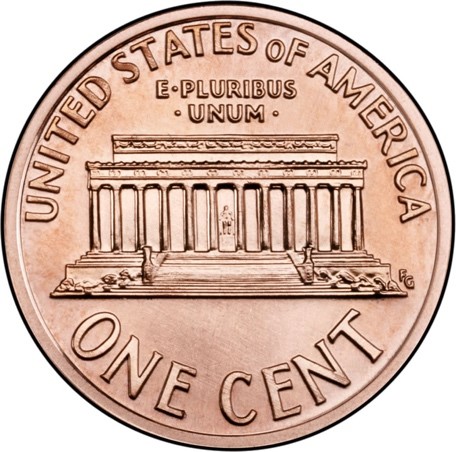Growing up in the vanilla suburbs of Connecticut, I never gave much thought about my ethnicity. My father is a Connecticut native and my mother and her siblings are naturalized citizens and former refugees from the Vietnam War. Aside from thinking little about my ethnicity, I also never bothered to think much about what possible horrors my family escaped or how some may have become a statistic in the newspaper. With nativist sentiments on the rise and white supremacists in my home country becoming more vocal than ever (at least during my own lifetime), I am currently hypersensitive to my ethnicity and my family history.

Discussions, heated arguments, and (despairingly) violence continues to erupt over debates over which immigrants and refugees deserve to call the United States home, what they provide, and what some argue is taken away from natural citizens. Many of these folks in question are people of color seeking refuge from violence propagated by drug policies or direct military conflict partially or fully involved by our government at the Southern border or overseas, respectively. I introduce these points not because I want to spend this blog post discussing them, but to inform you about my current dizzying state of mind.
What I hope to do with this blog post is to show one thing: why diversity matters (from a scientist’s perspective). I spent more years than I care to admit in graduate school cultivating my abilities in experimental design and data analysis. Discussions on diversity are often based on emotion, empathy, and morality (Besides, who doesn’t want a taco truck on every corner?). These tenets are quintessential to understanding the human condition and necessary to provide support in the defense of diversity. Unfortunately, arguments built on this foundation rarely change peoples’ minds. What then, could be provided to help change their mind, even if just an iota? What data exist to support the argument that ethnic and racial diversity is a good thing—and not just a feel-good thing?
Numerous studies highlight that ethnic and racially diverse teams result in better outcomes. A 2015 McKinsey report revealed that financial companies that rank highest for gender, racial, or ethnic diversity were more likely to have financial returns above their national industry averages. A 2014 report in the Proceedings of the National Academies of Sciences (PNAS) showed that individuals who are part of diverse teams are more likely to price stocks correctly whereas the homogenous team made more pricing errors. When mock jury panels are more diverse, the jurors brought up more facts about the case, made fewer errors when arguing over the evidence, and were more likely to resolve the errors through deliberation. Companies with diverse management were more likely to introduce new product innovations and migrant status showed positive links to entrepreneurship. Diverse teams with people of differing backgrounds enhance innovative thinking. Taken together, creating a melting pot of varying cultural backgrounds, races, and nationalities leads to better fact-finding, decision-making, and creativity. The examples that I highlighted are just a few of many more studies on these topics that paint a clear picture on how integral diversity is for team success (and in my opinion, great food options at group meetings).
One of the longstanding arguments against diversity is that programs like Affirmative Action which seek to close diversity and inclusion gaps caused by historical discrimination ultimately hurt intellectual diversity. This idea, based on meritocracy and individualism, suggests that we should simply higher “the best” person for the position. This is a myopic view that disregards the well-documented and irrefutable historic and current-standing socioeconomic barriers for people of color to enter into and excel in this country. As the previous studies show, increasing cultural, ethnic, and racial diversity leads to individuality and rejects conformity and lazy thinking. In the closing words of the American evolutionary biologist Dr. Stephen Jay Gould,
“I am, somehow, less interested in the weight and convolutions of Einstein’s brain than in the near certainty that people of equal talent have lived and died in cotton fields and sweatshops.”
Jonathan Miller is a PhD candidate in microbiology at the University of Massachusetts Amherst. He can be reached by email at jonathan@paisoc.org or on his Twitter @intercalator.
